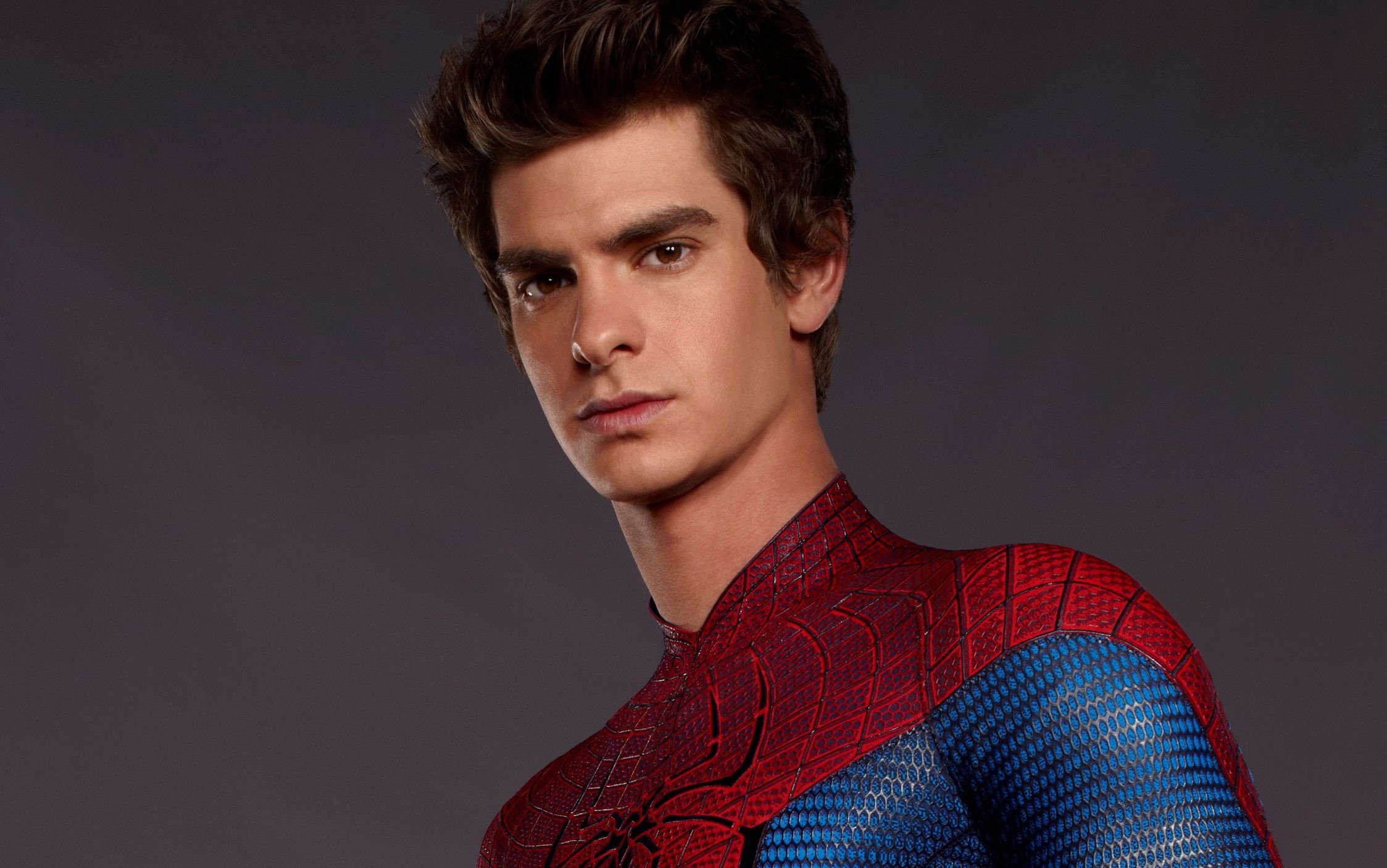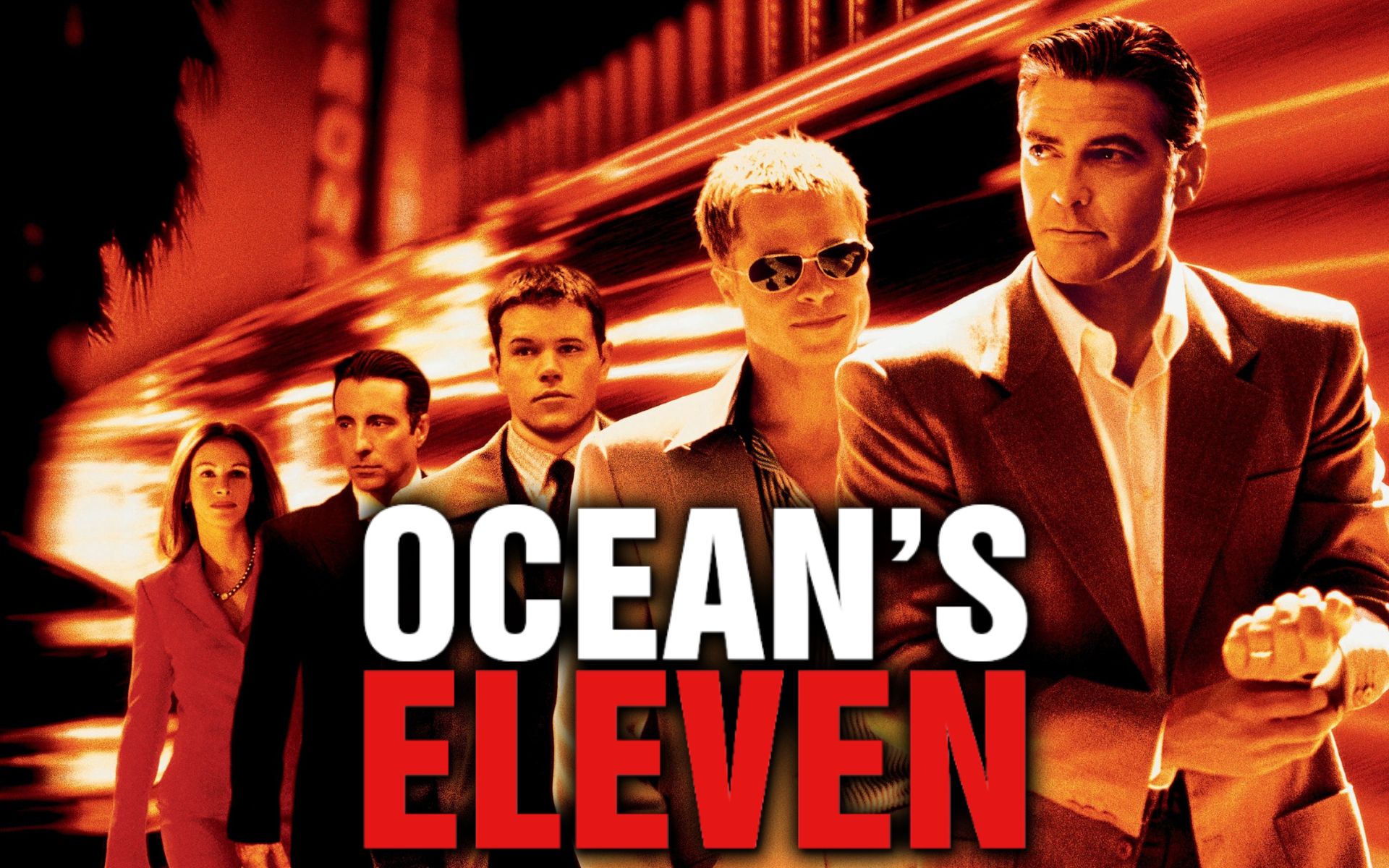What will be the future of our civilization and humanity? This question is often asked by pop culture. Especially when a possible answer involves how we understand collective identity. Actually, dystopian films and utopias on the agenda. Will there be big technical advances? Unknown physical and intellectual evolution? Space conquest on levels we can’t imagine right now?
Cinema provides perhaps the most surprising answers to these questions. This is done in terms of speculation, speculation, and exploring scenarios that would otherwise be impossible to construct. From a world where artificial intelligence can operate with subversive independence, to amazing interplanetary travel. For the cinematic world, the future is made up of stories and images that challenge any concept of reality.. They resize it and view it from new perspectives, each time wider and more surprising.
But they don’t always do it with hope. Dystopian films, that dark and unsettling opposite of utopia, are also common in cinematic science fiction. In addition, it can offer the most sinister insights into the evolution of humanity and its environment through the centuries. Can the worst in our culture and society become a threat to the survival of the species? More difficult, could what we expect from an unthinkable future turn into a terrifying vision?
we leave you Five Dystopian Netflix Movies That Try to Explore These Reflections. And they do it, moreover, from completely different points of view and from dark extremes. A disturbing look at good, evil and what awaits us, perhaps in yet unimaginable possibilities. A review of a distorted image of what reality could be.
A typical Netflix dystopian movie: blade runner 2049
blade runner 2049 analyzes the future out of desperation. In this Netflix dystopian movie, technology is everywhere, but so is the belief that human life is boring. A topic that has already become a cult blade runner addressed, and this eventually turned its main premise into a paradox. Is artificial intelligence the answer to all human questions about his ability to create? If so, why is there a confrontation between androids and humans?
Directed by Denis Villeneuve what really matters is the fact of deciphering the nature of the relationship between man and machine.. Who are we? This is a question that is repeated over and over again. He does this in the form of replicants, neat and indistinguishable from humans. The way society contemplates and assimilates them with difficulty, but never accepts them.
On this occasion, Villeneuve creates in this dystopian feature film the harsh backdrop surrounding the replicants in the aftermath of the uprising. He achieves this through measured and methodical subtlety, almost melancholy. His “K” (Ryan Gosling) is watching the world from an indeterminate distance. The character lacks personality and does his job as a police officer as a practical duty. There are no ethical feelings. For the manager argument is a journey through the pains of a society that is crumbling aimlessly.
Which makes the movie harder than it looks. Androids are created – and thrive – as a reflection of a person and nothing more. A double vision of humanity as it distorts, collapses, and eventually turns into a desolate landscape. But human desolation is almost not shown and is not visible in his works and creations.
Considered a slow, pretentious yet visual gem with subtle context, this dystopian movie from Netflix is still looking for its place in pop culture. For now, it remains, like its iconic predecessor, a gem to ponder.
What happened to Monday?a hidden treasure among Netflix dystopian films
In a world where having a child is a dangerous crime, being a big family is a risk no one wants to take. In 2043, world population is already a key issue. It surpasses the most pessimistic calculations and has turned into an unprecedented crisis, devastating both cities and natural areas. This Tommy Wirkola dystopia from Netflix plunges into an ingrained collective fear that, in the story, takes the form of an all-out cataclysm. One that also influences the perception of the human race as the center of cultural history and the future.
What if the only chance for salvation was birth control? Not in a subtle way, but to create a cruel and downright violent system to achieve this. dystopian film What happened to Monday? takes the precedent of current fertility laws and takes it to a terrifying scale. Also, rethinks the future as a totalitarian system in which man is the victim of his own suffering and horrors..
The Supplementary Appointment Act dictates the number of births. But what is even worse, with refined cruelty, he subdues those whom he punishes. It is not only about determining how many children can be born in order to maintain a stable world population. Strict and cruel legal frameworks also dictate the future of those who go beyond them. In future, being born is as serious a crime as murder.
The premise extends to the lives of seven identical sisters who were secretly born and managed to hide their existence for decades. However, little by little, they will all have to face a repressive and inhuman system. This dystopian Netflix film turns the struggle for survival into a confrontation with authoritarianism and individual destruction. It is also a dark reflection on power, time and horrors on the threshold of a future that is as shocking as it is close.
Purge: Night of the Beasts

Dystopia can also cover areas of fear about power relationships that could trigger possible events. When the economic crisis destroys America’s legal, financial, and political system, a new system emerges that promises peace. Near future dictator who completely controls the lives of citizens.
This dystopian Netflix film taps into the primal instinct for revenge. Purge: Night of the Beasts explores the possibility of complete impunity for a crime under certain conditions. Those that explore the primitive concept of retribution and forced gratification. It is a terrifying version of justice that is delivered personally and unilaterally.. Once a year, the ruling totalitarian system allows all citizens to commit any crime. From the bloodiest to the most depraved. Everything is allowed as a way to secure an open door in the midst of repression.
The film – the first in a saga of five – shows how the once most powerful country in the world has turned into a violent structure. Also in a terrifying dystopia in which the dehumanization of his personality leads him to become a victim or a murderer once a year. Little by little, this dystopian feature film, which you can watch on Netflix, reflects on the nature of violence and finally comes to a disturbing conclusion. What would an ordinary citizen do if the law did not restrict his actions? A question the film doesn’t answer – not directly – but it mixes with the conviction of a wild look at depravity and cruelty.
Elysium
Wealth and poverty have always been the subject of uncomfortable disputes about privilege. This dystopian feature film from Neill Blomkamp takes it to a whole new dimension, imagining that the line between wealth and poverty is geographical. What if the underprivileged inherit a world ravaged by climate change and the total collapse of all political systems? A chaotic territory doomed to destruction and all sorts of horrors on the hunt?
Although the film’s premise goes much further. What would be the consequences if the richest and richest were able to leave a planet in decline? To create a world with its own atmosphere, secluded from all hardships and overflowing with luxury? The one in which, moreover, it is possible to cure the most serious diseases? What would be the perception of those struggling to survive on the planet they came from?
In this dystopian Netflix film, both realities collide, and the plot incorporates more complex elements than you would expect from the action and sci-fi genres. From the concept of economic hardship to desperation for survival or indifference to privilege. The feature film travels through unusual locations for its script and uses a dystopia to counter troubling issues. Is the future marked by money, economic access, and the disappearance of all empathy and solidarity? Elysiumwith its harsh and formidable tone, is associated with an urgent message of reflection on the nature of today’s culture. Much more, with their darkest and most painful moments.
Netflix dystopian movie premiere: Hole
The first thing that surprises in the film of Halder Gaztelu-Urrutiaes is the lack of temporal or spatial references to what is shown in it. Most likely it is a prison, but maybe a lunatic asylum. Even something far more intricate, like a place of transit or a courthouse where tenants – or inmates – showcase their abilities.
The hostile environment suggests that what the director shows us is something more than an allegory to the unexplored expanses of the human mind.. A dystopian feature film is far more complex than that, and makes it clear from the very first episode. It depicts food as a great treasure that will be contested with unusual ferocity for a good part of the story. But, also, that would be the measure of a film’s ambition, obsessed with greed.
Halder Gaztelu-Urrutia rightly reflects on his fragility in inexplicable and unbearable conditions. The argument is not generous with explanations. The bits of information shown are not clear enough to determine what danger the characters are in. While one of them admits that he is inside the fence of his own free will, the other admits that he is doing this to cleanse himself of a crime as incredible as it is laughable. So the premise seems to reflect on the fact of horror as the final breakpoint of personality.
Looking like a dark dystopian film about inexplicable management practices, Hole it’s a claustrophobic fantasy. Also, a frightening realization of what the darkness of human nature can hide. All in the worst conditions imaginable. In the midst of a distorted view of what anyone is capable of under extreme conditions. Perhaps the biggest achievement of this Netflix dystopian movie.

















